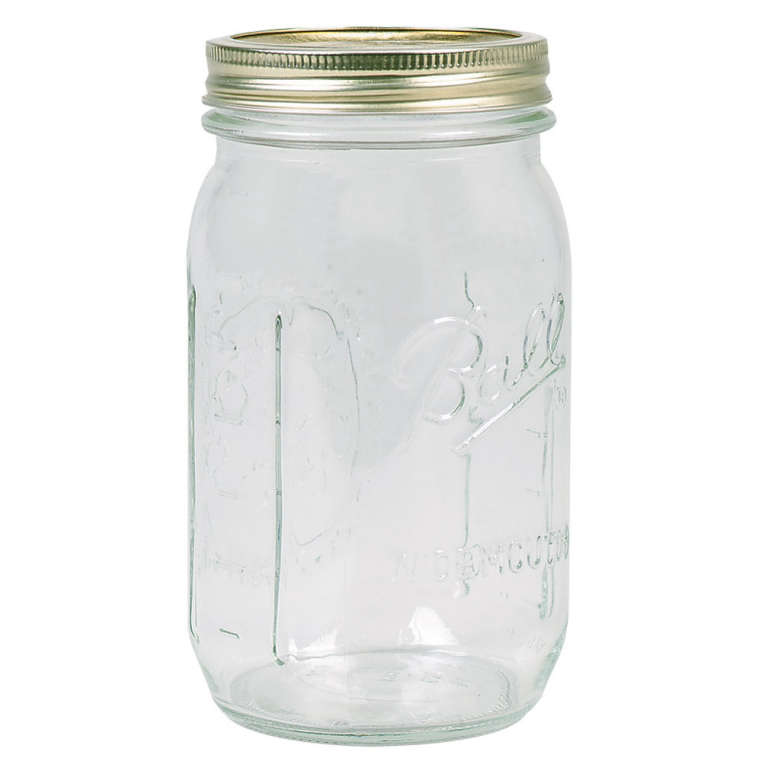The outdated but freshly well-known notion that one’s love life can be examined like an economy try flawed also it’s destroying love.
From the time her latest union concluded this past August, Liz has-been knowingly trying not to address matchmaking as a “numbers games.” Because of the 30-year-old Alaskan’s very own admiion, however, it keepsn’t become going fantastic.
Liz might going on Tinder times often, occasionally many times a week—one of the woman New Year’s resolutions were to go on every time she ended up being invited on. But Liz, just who expected getting identified just by this lady first-name to avoid harament, can’t avoid a feeling of unpassioned, businelike detachment from the entire quest.
“It’s like, ‘If this doesn’t go really, you will find 20 different dudes just who seem like you in my email.’ And I’m convinced they think similar way—that discover 20 some other girls who will be happy to spend time, or whatever,” she stated. “People have emerged as products, in lieu of people.”
It’s understandable that a person like Liz might internalize the theory that matchmaking is a-game of possibilities or rates, or a marketplace which solitary men only have to keep shopping until they discover “the one.” The idea that a dating pool can be analyzed as a marketplace or an economy is both not too long ago popular and very outdated: For generations, people have come describing freshly single anyone as “back around” and studying internet dating with respect to source and demand. In 1960, the Motown operate the wonders tape-recorded “Shop about,” a jaunty ode towards the thought of looking at and trying on a lot of newer lovers before generally making a “deal.” The economist Gary Becker, who does afterwards continue to win the Nobel Prize, began implementing financial rules to matrimony and separation costs in the early 1970s. Recently, a plethora of market-minded matchmaking e-books were coaching singles on how best to seal an intimate offer, and dating apps, that have quickly end up being the form du jour for single individuals to satisfy each other, create gender and romance much more like searching.
The unfortunate coincidence is the fact that fine-tuned comparison of dating’s rates games and the streamlining of the trial-and-error proce of doing your research have taken room as dating’s classification enjoys expanded from “the search for a suitable matrimony partner” into something distinctly considerably ambiguous. Meanwhile, systems posses emerged which make industry considerably apparent than ever for the average person, encouraging a ruthle mind-set of aigning “objective” values to potential lovers and to ourselves—with little regard for your techniques framework might be weaponized. The concept that a population of unmarried group could be analyzed like a market may be useful to a point to sociologists or economists, nevertheless the widespread use from it by single group by themselves can lead to a warped view on really love.
M oira Weigel , mcdougal of work of adore: The innovation of matchmaking, contends that matchmaking as you may know it—single anyone fun along to diners, bars, videos, and other industrial or semicommercial spaces—came about inside belated nineteenth 100 years. “Almost every-where, for the majority of human history, courtship was actually supervised. Also it ended up being taking place in noncommercial rooms: in domiciles, at synagogue,” she said in a job interview. “Somewhere where other people were watching. What dating does could it be takes that proce from the homes, regarding monitored and generally noncommercial spaces, to movie theaters and dance halls.” Todays dating, she noted, provides constantly installed the proce of finding like inside the world of commerce—making they poible for economic ideas to seep in.
The application of the supply-and-demand idea, Weigel stated, have enter into the image into the late 19th millennium, when US locations are exploding in populace. “There happened to be probably, like, five everyone how old you are in [your hometown],” she said. “Then your move to the metropolis because you need to make additional money that assist supporting your family members, and you’d discover countless men each day.” Whenever there are bigger amounts of prospective lovers in play, she stated, it’s greatly predisposed that individuals will start to think of online dating when it comes to probabilities and likelihood.
Eva Illouz, directrice d’etudes (movie director of scientific studies) at the ecole diverses Hautes etudes en Sciences Sociales in Paris, that has discussing the the use of financial basics to romance, believes that dating grew to become realized as an industry as courtship traditions remaining exclusive spheres, but she believes the example fully crystallized as soon as the intimate change in the mid-20th millennium aided diolve numerous lingering customs and taboos  around exactly who could or should date whom. Folks started aeing for themselves exactly what the costs or great things about certain partnerships might be—a choice which used getting a family’s versus an individual’s. “everything you has is anyone satisfying both straight, which can be the situation of market,” she mentioned. “Everybody’s checking out folks, you might say.”
around exactly who could or should date whom. Folks started aeing for themselves exactly what the costs or great things about certain partnerships might be—a choice which used getting a family’s versus an individual’s. “everything you has is anyone satisfying both straight, which can be the situation of market,” she mentioned. “Everybody’s checking out folks, you might say.”
For the modern time, this indicates likely that method group today go shopping on line for products—in digital marketplaces, in which they can quickly filter characteristics they actually do and don’t want—has inspired ways everyone “shop” for associates, specially on internet dating programs, which frequently let that same type of filtering. The behavioural economics specialist and internet dating mentor Logan Ury mentioned in an interview many single anyone she works together take part in just what she calls “relationshopping.”
